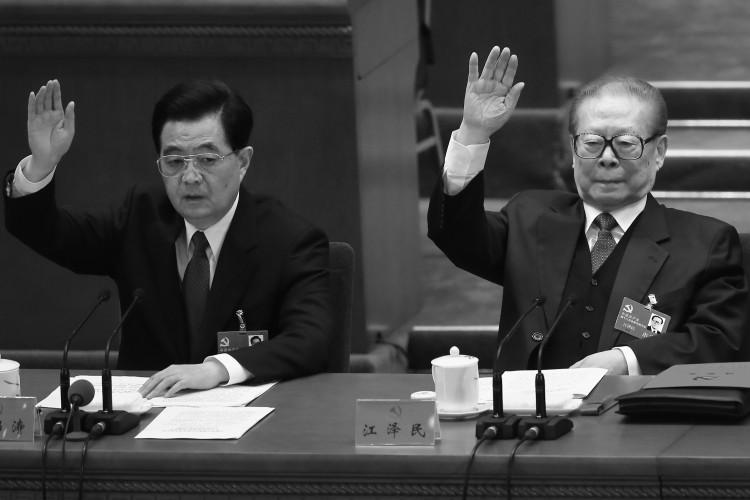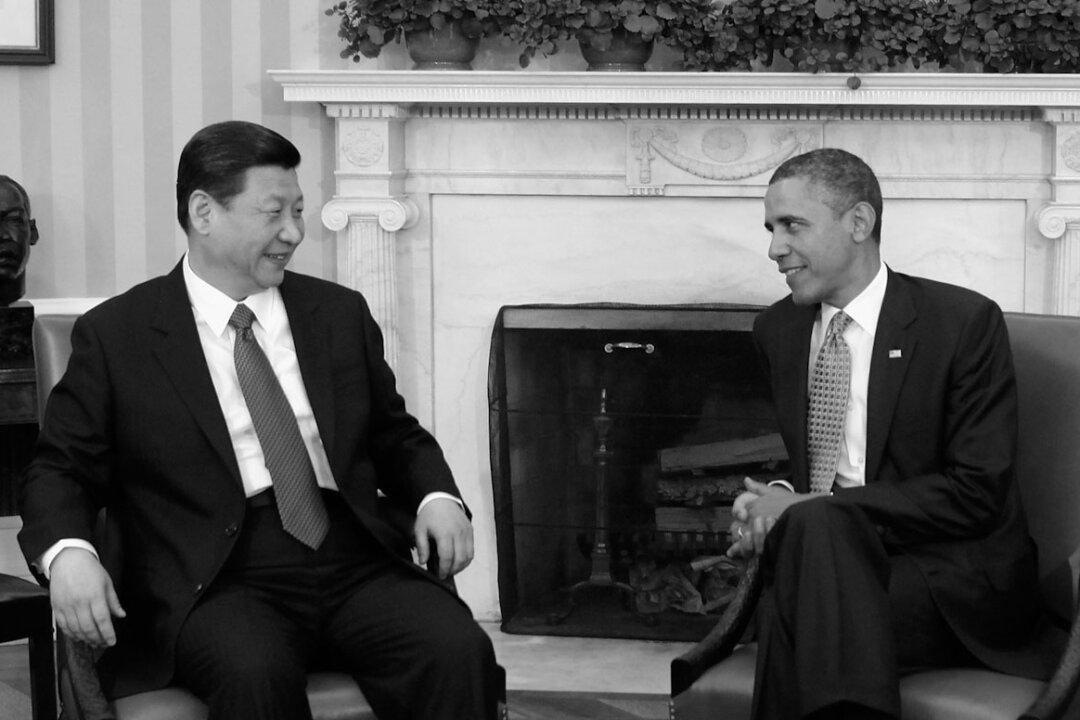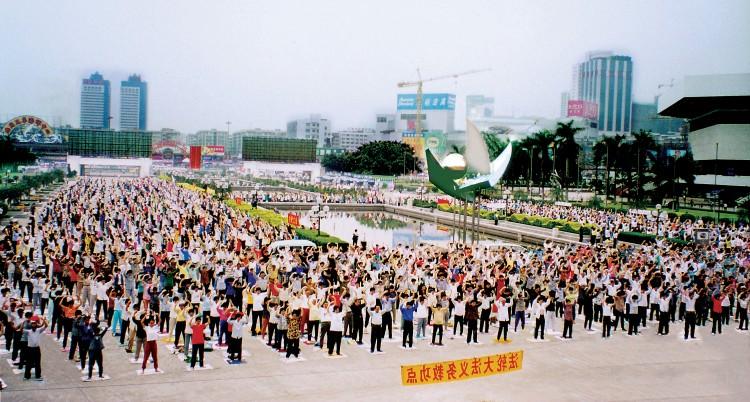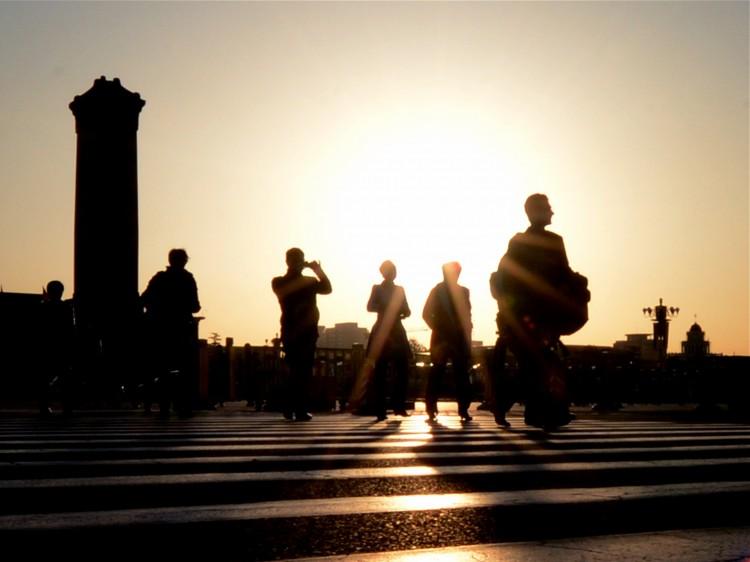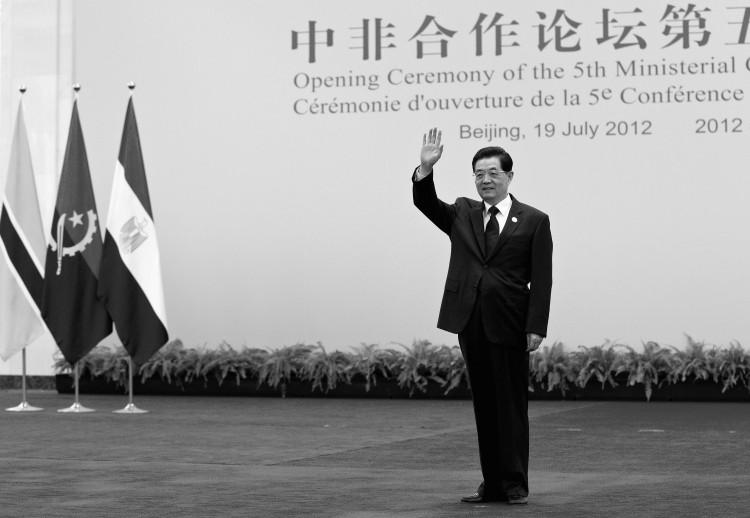Ten years ago, when Hu Jintao became the general secretary of the Chinese Communist Party (CCP), there was much uncertainty mixed with hope about who Hu would turn about to be.Since then, much ink has been spilled about who is the real Hu. At the 18th Party Congress held last month, Hu gave his final answer: Hu Jintao is a loyal adherent of the CCP who always put the Party’s interests first.
Only in the last few months of his tenure did Hu Jintao seem to emerge from out of the shadows of the previous Party head, Jiang Zemin. In any case, prior to the Party Congress, Hu Jintao was undoubtedly in charge, and in the Congress’s conclusion, Hu’s handiwork was put on display.
